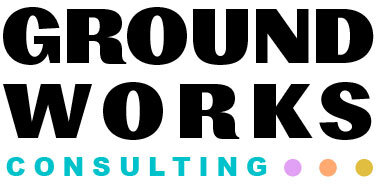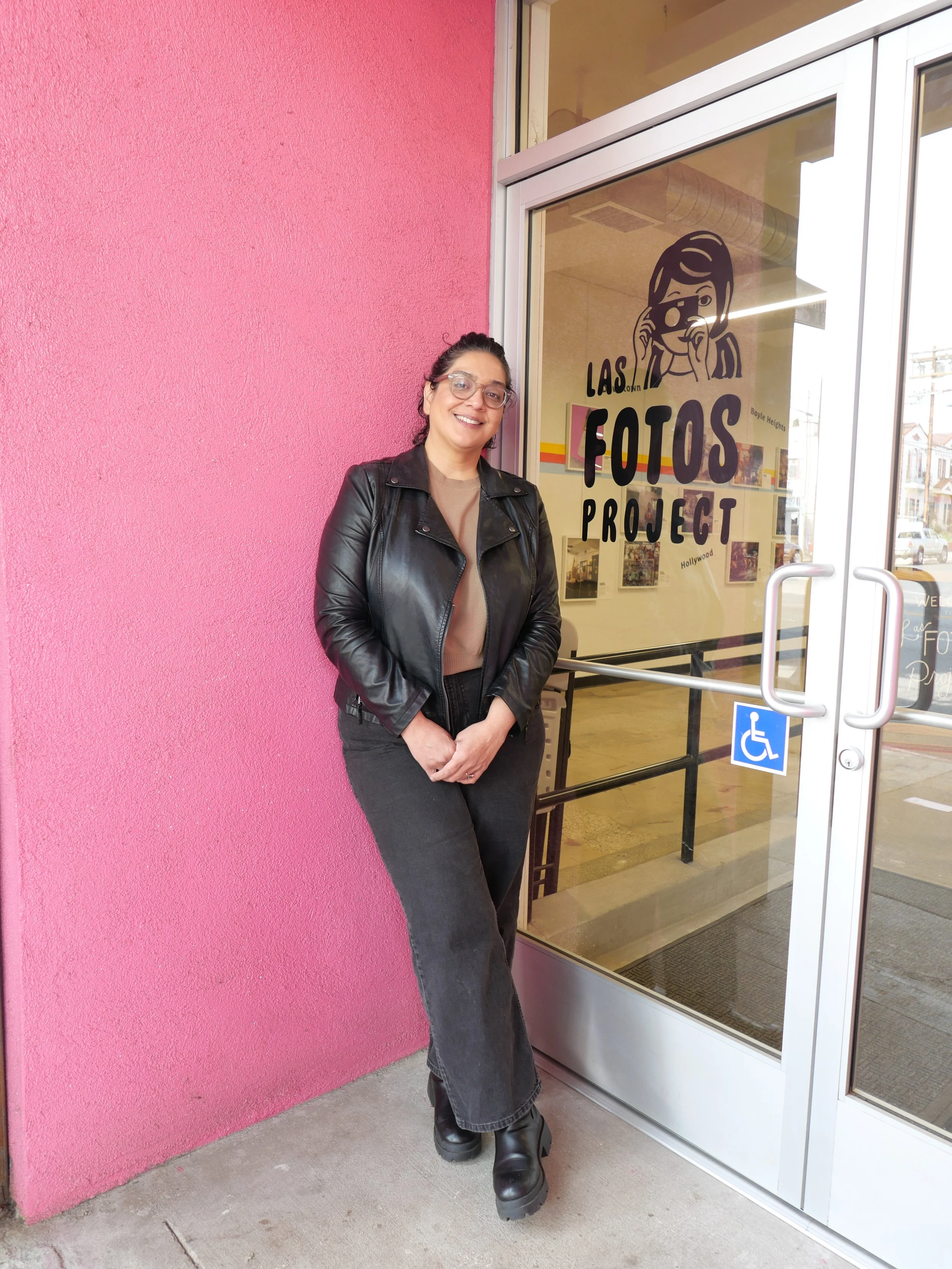Investing in Community: Supporting Small Businesses in Boyle Heights
Over the last three years, our team has worked closely with leaders of small non-profits as they expand their organizations and take on community investment and development projects. Leaders undertaking these efforts are often guided by a desire to stem the tide of residential and commercial displacement, increase access to capital, and build power to shape the trajectory of their community.
Lucia Torres, Executive Director was able to make deeper investments in the property Las Fotos rents from CORE because she sees a pathway to ownership.
Many leaders begin with a clear sense of the need and vision but quickly confront financial and development systems that are not designed to serve them or their communities.
Sharing stories of how leaders navigate and break through barriers is critical as a way to learn and grow together. This year, in partnership with the Center for Community Investment, we wrote a case study on Inclusive Action for the City’s Community Owned Real Estate program (CORE).
CORE takes commercial property in Boyle Heights and East LA off the speculative market to stabilize existing small businesses and provide onramps for small business owners to buy their buildings.
Boyle Heights has become a focus for speculative investors and increasing displacement pressures over the last decade, creating a tenuous situation for many of small business owners. This crisis reached a tipping point in 2016 as organizers began protesting the influx of new art galleries and cafes. At the time, Inclusive Action for the City, was a small non-profit that provided lending capital to street vendors. They didn’t have the resources to purchase property but they recognized they needed to respond.
Small businesses, such as Yessica Villegas’ Dulceria Seis Oriente, have grown thanks to her partnership with CORE.
In partnership with two other LA-based organizations, Inclusive Action developed CORE. In the process, they expanded from a small-scale lender and advocacy organization serving street vendors to a powerful CDFI capable of acquiring and developing property.
But this isn’t just a story of how one organization transformed. This story is about how an ecosystem of funders, development partners, small business owners, and non-profit leaders gathered their gifts, talents, and strengths to shape a new future for Boyle Heights.
To read more see: Investing in Community: Supporting Small Businesses in Boyle Heights



